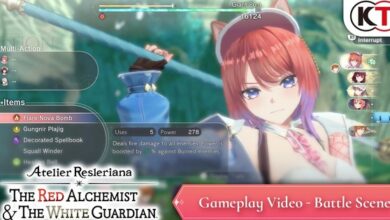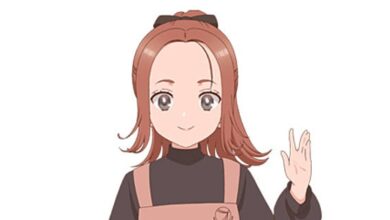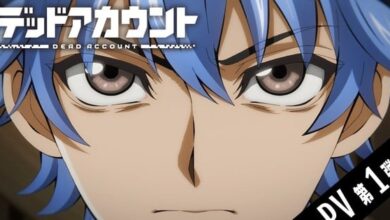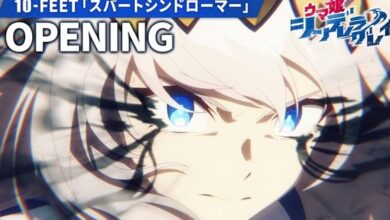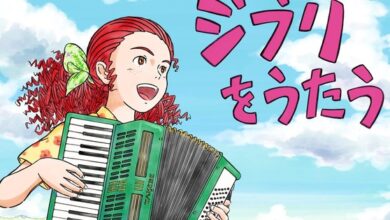Episode 11 – The Summer Hikaru Died

©Mokumokuren/kadokawa/Summer hikaru dies
There is no single satisfying definition of love, but if I have to explain part of it, I call it an overwhelming desire to protect others. While this sounds good and noble, I think we all know many ways people can twist it into destructive. If we say to this week’s backstory, love is indeed behind India’s original sin, a man makes a horrible Faust bargain to save his wife, just causing her (and many others) to suffer a nightmare fate. The visual similarities of getting rid of Hikaru from the mind last week could help us imagine that Yoshiki’s behavior might be similar. Each of us sacrificed a lot for love. Hikaru feels this way, but to protect Yoshiki, the dedication he sacrifices may have to be himself.
I highly doubt that we have the full picture. Yoshiki pointed out that there are still many loopholes in the story, and the truth about Hichi is just one piece, not a complete puzzle. I’m not too worried about getting all the answers – this mystery is only as important as its relationship to the subjects of Hikaru and Yoshiki, but we do get a very unexpected revelation in Renaissance-era painting form. Rafanelli is probably a combination of Raphael and Da Vinci, outlining the vision of Genena who looks familiar to us. By the way, “Gainna” is a biblical term that often refers to hell, and the Japanese translation in his book is exactly that (jigoku). So, is the existence of Hikaru actually related to Christian refugees who settled on the hills? Is Hikaru even bigger than the legend of Nonuki-sama? Or is Hikaru not alone after all?
Hikaru’s behavior continues to be subjected to conscious and subconscious loneliness. He refuses to accept his bones because he doesn’t want Yoshiki to open him again. He would rather be weak than be condemned. Sadly, though, this weakness also makes him more susceptible to basic emotions and desires. The scars on his neck symbolize the wear barrier between Hikaru’s ID and Ego, and his ID card also sent hay in the scene in the corridor. Yoshiki commented on Hikaru’s now strong appearance, which made him petrified, but Yoshiki didn’t feel pain when Hikaru tried to consume him again. Even in that state, Hikaru didn’t want to hurt Yoshiki. He may be so weak that it is impossible anyway, and Yoshiki may have “mixed” enough to remove any obstacles between them.
In the flashback, we see Yoshiki getting emotional about monsters at a very young age. It’s interesting, but you have to admit he’s right. Monsters of the week need a new monster every week, so they will become cooler, more diverse creature design than heroes. The sadness of “monster” is also hikaru died in summer Very caring, especially when you consider its queer theme. Villains have a long history of queer coding, and contemporary queer audiences often take them back. With the help of hikaru, the book was baked. Whatever Eldritch monster he might transform, Hikaru will always remain inflated.
So it’s heartbreaking to watch Hikaru run to Kurebayashi for help. He no longer believes in himself. Although he claims to not understand humans, he does not understand his inner nature. He was drifting. To her credit, despite her fears from him, she still retreated when she suggested going back to the mountain. While she might have more than allowed, she looked like she was truly pitying him, like any teenager she cried before her. Finally, she is a big softness. Even if every logical bone in her body told her that it would be the right move, she couldn’t hurt him. After all, sacrificing hikaru for the happiness of all is actually the same sin committed by Indian ancestors. There is no bargaining in life. But will Hikaru make the same choice for himself?
On the other side of the narrative, the dad in this episode has a big relationship. After Yoshiki and his old men were immersed in the fair, their hearts passed by, despite one being emotionally bound by their shared masculinity. Still, it was touching to see how close his father’s relationship with Hikaru’s father was to Hikaru, which was within the scope of Yoshiki’s realization that. However, his father explicitly did not want Yoshiki to appear like him. He hopes Yoshiki gets better and has more. This makes his father’s self-imposed exile similar to the rest of his family’s family – in a sense his coolie is similar to the penances that the Indian family has done for generations. Hikaru’s father is alone on the mountain, hoping to free his son from the same fate. But these selfless motives continue to cause pain to the family. Intent is secondary to its effect. They can’t do it independently, but by being honest and open, Yoshiki and Hikaru can break this cycle together.
grade:
hikaru died in summer Currently flowing
Netflix.
Disclosure: Kadokawa World Entertainment (KWE), a wholly owned subsidiary of Kadokawa Corporation, is the majority owner of Anime News Network, LLC. One of the companies mentioned in this article is part of the Kadokawa Group.
